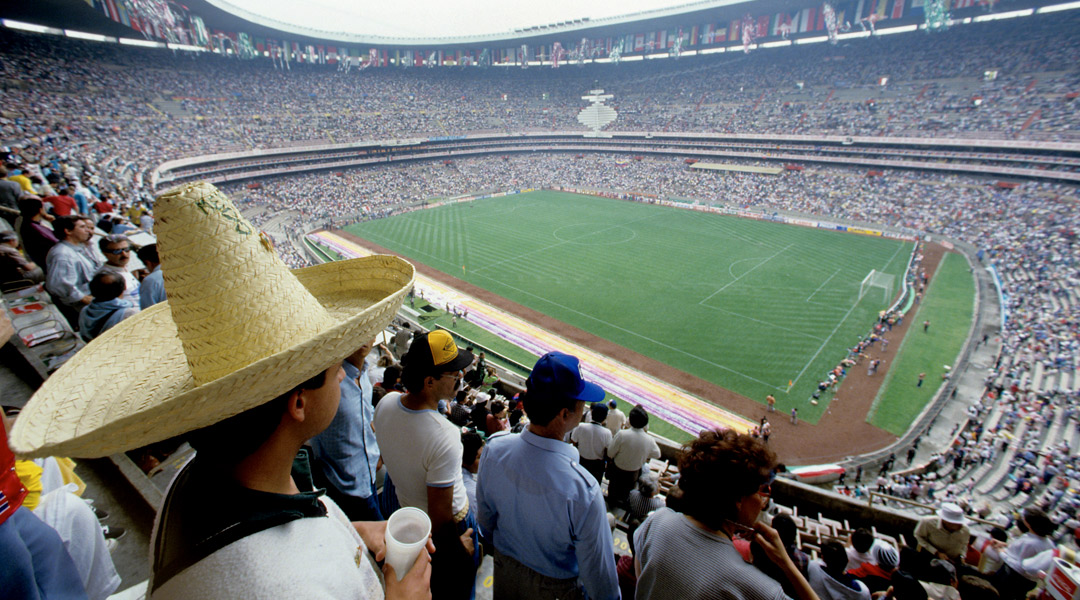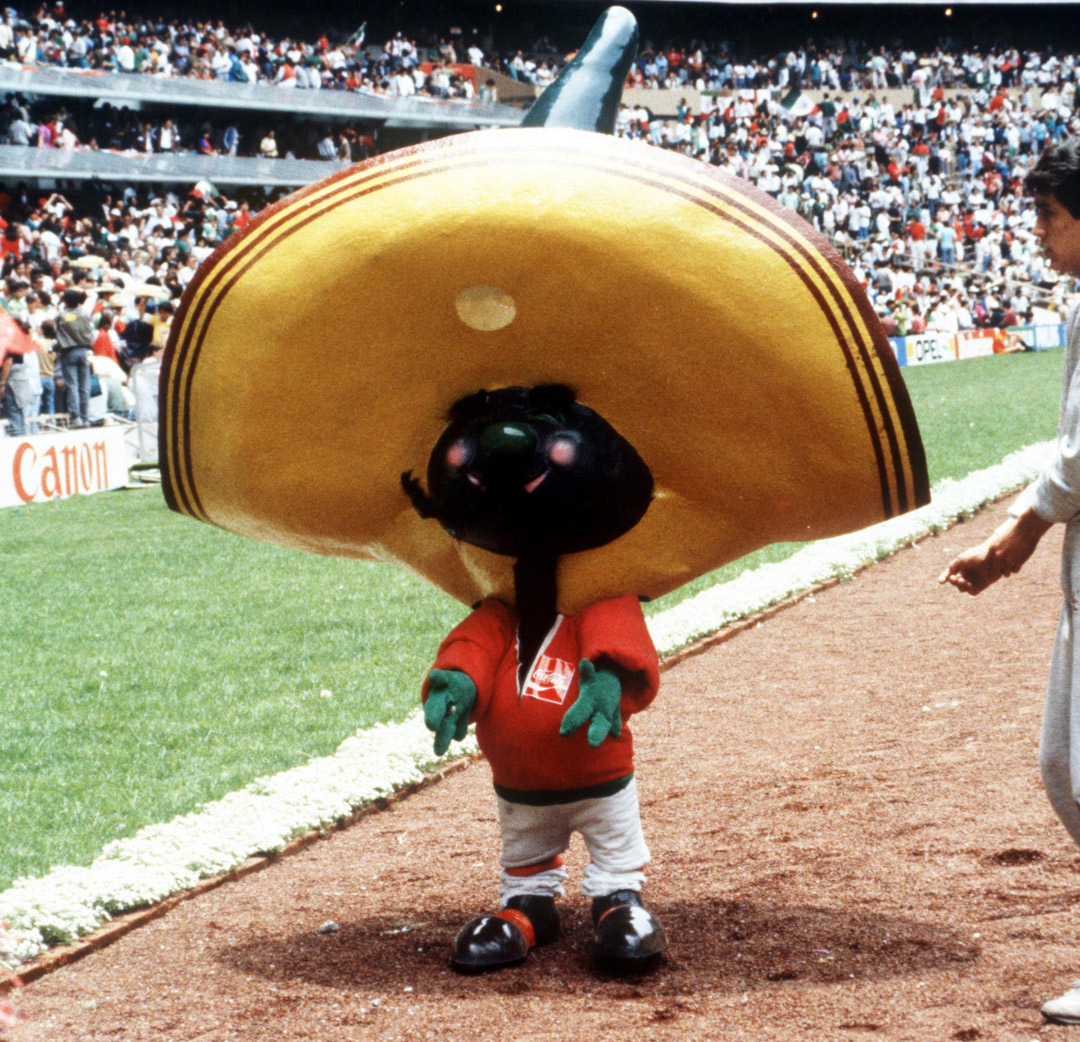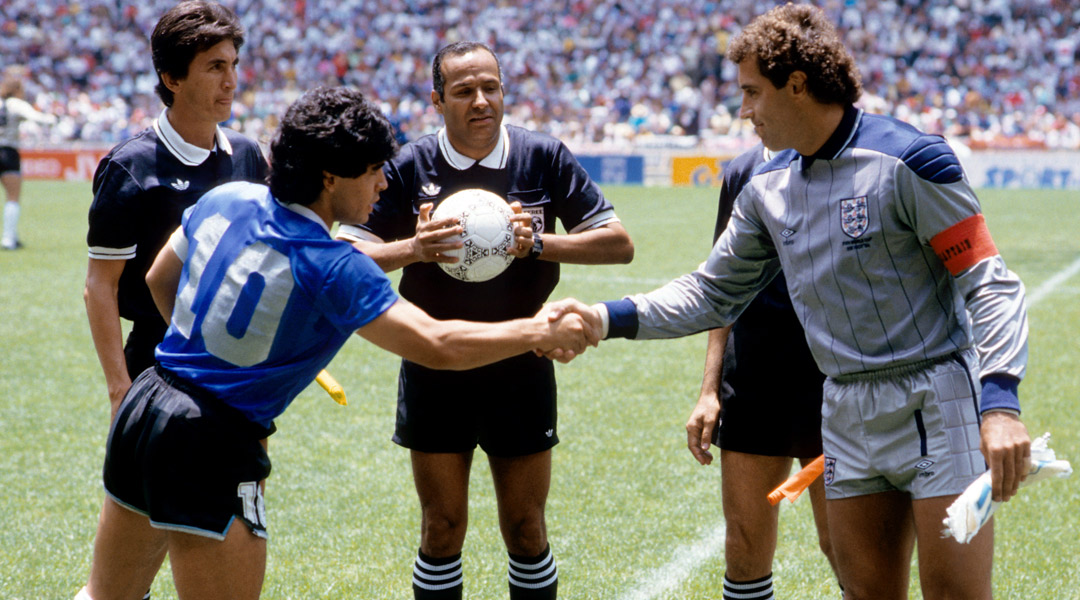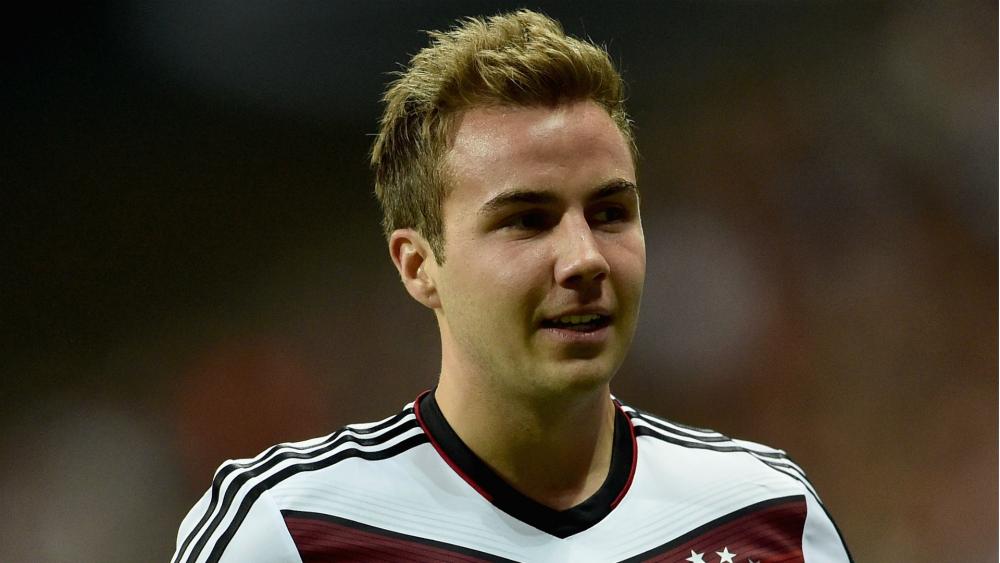Olé! The chaotic story behind a 1986 World Cup which had everything
It shouldn't even have been staged there, but World Cup 86 in Mexico had everything, most of it revolving around a diminutive genius by the name of Diego Maradona. Chris Hunt sets the scene...

Borne out of chaos, Mexico 86 was a hugely successful tournament illuminated by the brilliance of Diego Maradona, who would thrill with his ball skills and enrage with the temerity of his self-proclaimed 'Hand of God'.
But that the competition was staged in Mexico at all was a tale of intrigue and suspicion that even caused the straining of relations between the hosts and neighbours USA.
Mexico were no more than stand-in hosts in 1986. The competition had been awarded to Colombia, a nation riddled with economic uncertainty and football corruption, but late in 1982 Colombian authorities declared they could no longer underwrite the costs of the event.
Brazil, Canada and USA were all prepared to rise to the challenge, but when FIFA met in Stockholm in May 1983, Mexico was selected without even the discussion of a USA bid, despite the impressive presence of Henry Kissinger among the American delegation.
When it was discovered that the tournament would be staged by Mexican broadcaster Televisa, whose president was a close friend of FIFA's Joao Havelange, the decision outraged the Americans.

Mexico looked to be an eccentric selection. Aside from problems of heat and altitude, this was a nation suffering from its own financial crisis, with unemployment at record levels.
Further doubt was cast over Mexico's ability to safely stage the event after a severe earthquake hit the country. Killing an estimated 20,000 and leaving 150,000 homeless, it caused $4 billion worth of damage in just three minutes, and with the World Cup only eight months away, it was a surprise that the Mexicans were allowed to continue.
Get FourFourTwo Newsletter
The best features, fun and footballing quizzes, straight to your inbox every week.
Mexico 86 will always be remembered as Maradona's World Cup, but it was no certainty that the world's greatest player would take to the stage, even though he was desperate to exorcise the ghosts of Spain 82, when a red card ended his campaign.
Argentina's controversial coach Carlos Bilardo had built his team around the temperamental star, but a cartilage injury was rumoured to be jeopardising Maradona's chances of making the finals. In the end he performed unhampered by injury and his impact was comparable with that of Pele in 1958.
For all the talk of Maradona, Brazil were favourites, but key injuries posed tough questions about their chances. They even arrived in Mexico without defender Leandro, who had declined to travel in protest at the axing of winger Gaucho for a breach of the squad curfew.

Reigning champions Italy were also hardly the vintage of four years earlier, while the Germans were not yet the team they would become under coach Franz Beckenbauer, who spent much of this tournament at odds with his own players.
The British Isles sent three representatives, with Northern Ireland and England qualifying from the same group. Interest in England's preparations would revolve around the state of Bryan Robson's injured shoulder, as manager Bobby Robson unrealistically persevered with his favoured midfielder, until the player finally broke down in the fourth minute of England's second game.
Scotland, meanwhile, had to overcome the death of manager Jock Stein, who was felled by a heart attack in the closing moments of their final qualifying group game, and they were led through the play-offs and to the finals by Alex Ferguson.
The format of the competition was changed once again. For the first time since 1970 the second round reverted to a knockout system, in which the six group winners, the six runners-up, and the four best third-placed teams would feature.
One additional change was a consequence of West Germany's farcical game with Austria in 1982. FIFA decided that the final two matches in all groups should kick off simultaneously to avoid any suspicion of an advantage, and this system has been used for all subsequent World Cup finals.
